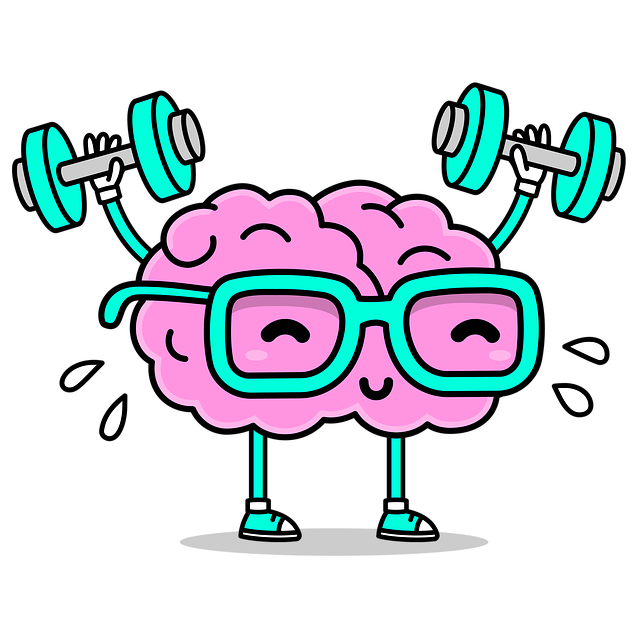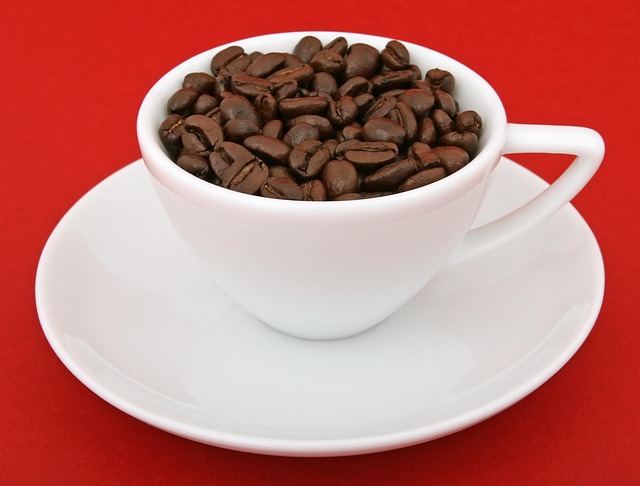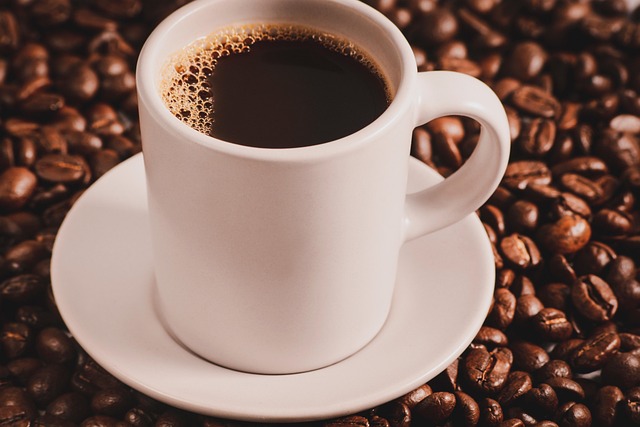Collagen stimulation is crucial for maintaining youthful skin as it declines with age. Holistic approaches focus on nurturing the body's collagen production through dietary adjustments, topical applications, and lifestyle changes. Essential nutrients like vitamin C, zinc, and arginine support synthesis while topicals containing peptides or plant extracts stimulate fibroblasts. This holistic method addresses underlying factors, enhances skin radiance, contributes to overall health, and includes dietary interventions with amino acid-rich foods and antioxidants. Topical treatments like peptides and retinol also play a role. A balanced lifestyle with hydration and exercise further stimulates collagen production naturally and sustainably. Ancient remedies using botanicals and natural techniques are additionally explored for their benefits.
“Unleash your skin’s radiant potential with holistic collagen boosting treatments. This comprehensive guide delves into the intricate world of collagen, the secret to youthful skin. We explore a multi-faceted approach beyond surface-level solutions. Discover dietary secrets for optimal production, the power of nutrients like vitamins and minerals, and innovative topical treatments. Additionally, learn lifestyle changes and natural remedies that stimulate collagen, offering a holistic strategy for achieving and maintaining radiant skin.”
Understanding Collagen: The Building Block of Youthful Skin

Collagen is a protein that acts as the cornerstone of our skin’s structure, providing strength and elasticity. As we age, natural collagen production slows down, leading to a decrease in skin firmness and an increase in fine lines and wrinkles. Understanding collagen stimulation is crucial for embracing holistic approaches to boost this essential component of youthful skin.
Holistic collagen-boosting treatments focus on nurturing the body’s ability to produce collagen naturally. This involves a combination of dietary adjustments, topical applications, and lifestyle changes. By incorporating nutrient-rich foods that support collagen synthesis, such as vitamin C, zinc, and arginine, individuals can provide their bodies with the building blocks necessary for optimal collagen production. Additionally, topicals containing peptides or certain plant extracts may stimulate fibroblasts, the cells responsible for collagen formation, for enhanced collagen stimulation.
Holistic Approach to Collagen Boosting: Beyond the Surface

Collagen is a cornerstone of youthful, radiant skin, and holistic collagen boosting treatments take this natural process one step further by addressing the root causes of diminished collagen production. While many conventional approaches focus on topical applications or injections, a holistic approach considers the intricate interplay between nutrition, lifestyle, and environment. By nourishing the body with essential amino acids, vitamins, and minerals crucial for collagen synthesis, these treatments provide a comprehensive strategy to boost collagen levels from within.
This deeper perspective acknowledges that collagen isn’t just a surface solution; it’s a reflection of overall health and wellness. From stress management techniques that reduce inflammation to targeted exercises promoting circulation and lymphatic flow, holistic methods work synergistically to optimize collagen production. By embracing these multifaceted strategies, individuals can experience not only improved skin texture and elasticity but also enhanced overall well-being.
Dietary Interventions for Optimal Collagen Production

In the quest for boosting collagen production, dietary interventions play a pivotal role in holistic treatments. The right nutrients are essential catalysts for stimulating collagen synthesis within our bodies. Foods rich in amino acids like proline and lysine, along with vitamin C, are known to be key contributors to this process. These components not only support the formation of collagen but also help maintain its structural integrity.
A balanced diet that incorporates these nutrient-rich foods can significantly enhance collagen stimulation. For instance, citrus fruits, bell peppers, broccoli, and spinach are excellent sources of vitamin C, while lean proteins, fish, eggs, and nuts provide essential amino acids. Additionally, incorporating collagen-boosting superfoods like bone broth, kale, and avocado can further optimize collagen production, contributing to overall skin health and a more youthful appearance.
The Power of Nutrients: Vitamins and Minerals for Healthy Collagen

The foundation of healthy collagen production lies in the balance of essential nutrients, particularly vitamins and minerals. These micronutrients play a pivotal role in stimulating collagen synthesis, ensuring our skin maintains its elasticity and firmness. Vitamins C and E, for instance, are powerful antioxidants that protect collagen fibers from damage caused by free radicals. This duo encourages the body to produce more collagen, thereby reducing the appearance of fine lines and wrinkles.
Minerals like zinc and magnesium are equally vital. Zinc is crucial for the proper functioning of enzymes involved in collagen formation, while magnesium assists in the synthesis process itself. Adequate intakes of these nutrients support not just skin health but also the overall structural integrity of connective tissues throughout the body, promoting a youthful and vibrant appearance from within.
Topical Treatments: Unlocking the Potential of Skincare Products

In the quest for youthful, radiant skin, topical treatments have emerged as powerful allies in collagen stimulation. Skincare products now go beyond basic moisturizing and offer a plethora of active ingredients designed to support natural collagen production. From peptides and vitamin C to retinol and antioxidants, these topicals work synergistically to combat signs of aging. Peptides, for instance, mimic the structure of collagen and can help prompt the body to synthesize more, while vitamin C acts as an antioxidant, protecting skin from damage that can inhibit collagen formation. Retinol, a derivative of vitamin A, also plays a pivotal role in encouraging cell turnover and enhancing collagen levels.
The beauty of topical treatments lies in their accessibility and ability to cater to individual needs. Over-the-counter creams and serums offer gentle yet effective solutions for those new to collagen care, while prescription options provide more intense formulations for advanced anti-aging concerns. As the market continues to evolve, so does our understanding of skin’s complex mechanisms, ensuring that topical treatments remain at the forefront of holistic collagen boosting practices.
Lifestyle Changes for Sustained Collagen Levels

Maintaining stable collagen levels requires a multifaceted approach, and lifestyle changes play a crucial role in this process. Collagen stimulation isn’t just about external treatments; it’s deeply interconnected with our daily habits and choices. Adopting an anti-inflammatory diet rich in fruits, vegetables, lean proteins, and healthy fats can significantly support collagen production. This dietary shift helps reduce oxidative stress on the body, which is a major factor in collagen breakdown.
Additionally, staying hydrated is vital for collagen health. Water supports the synthesis of procollagen, the precursor to collagen, ensuring your body has the building blocks it needs. Regular exercise also contributes to collagen stimulation by promoting blood flow and circulation, which delivers essential nutrients to skin cells. These lifestyle changes work in harmony with topical treatments to boost collagen levels naturally and sustainably.
Natural Remedies and Ancient Secrets for Collagen Stimulation

The pursuit of healthy, radiant skin has led many to explore ancient secrets for collagen stimulation. For centuries, various cultures have used natural remedies to promote skin elasticity and firmness. These time-honored practices often involve potent botanicals and holistic techniques that work in harmony with the body’s natural processes.
One such example is incorporating herbal extracts like green tea and turmeric into skincare routines. These plants are rich in antioxidants and anti-inflammatory properties, which not only protect the skin from damage but also encourage collagen production. Additionally, traditional practices like cupping therapy and massage stimulate blood circulation, fostering an environment conducive to collagen regeneration. By embracing these natural remedies, individuals can unlock a holistic approach to collagen boosting, revealing healthier, more youthful-looking skin.
